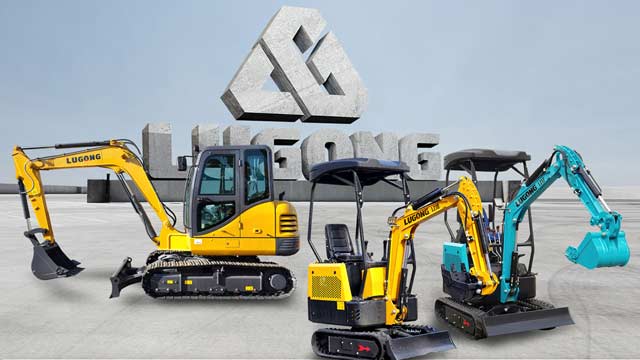What are the main maintenance issues for mini excavators?
Mini excavators are powerful and versatile machines that are widely used in construction, landscaping, and other industries. However, like any mechanical equipment, mini excavators require regular maintenance to ensure optimal performance and longevity. In this article, we will discuss the main maintenance issues for mini excavators and provide some useful tips for mini excavators upkeep.

One of the primary maintenance tasks for mini excavators is to regularly check and change the engine oil. The engine oil lubricates the various moving parts of the engine, preventing friction and excessive wear. It is essential to follow the manufacturer’s recommendations regarding oil change intervals and use the appropriate grade of oil for the specific model of the mini excavator.
Another crucial aspect of mini excavator maintenance is inspecting and replacing the hydraulic fluid. The hydraulic system is responsible for powering the mini excavators’ arm, bucket, and other attachments. Over time, the hydraulic fluid can become contaminated with dirt, debris, and moisture, which can lead to decreased mini excavators performance and potential damage to the system. Regularly checking the hydraulic fluid level and quality, and replacing it as necessary, will ensure the smooth operation of the mini excavator.
Maintaining the tracks or wheels of the mini excavator is also vital for its optimal performance. Tracks or wheels that are worn or damaged can affect the stability and maneuverability of the mini excavators. Regularly inspecting the tracks or wheels for signs of wear, such as cracks, tears, or missing components, and replacing them when necessary, will help prevent accidents and ensure safe operation.
Additionally, it is crucial to clean the air filters regularly to prevent dust and debris from entering the engine. Clogged air filters can restrict airflow, leading to decreased engine performance and increased fuel consumption. By cleaning or replacing the air filters as recommended by the manufacturer, you can maintain the efficiency and longevity of the mini excavator’s engine.
Furthermore, mini excavators have various grease points that require regular lubrication. These grease points include pivot points, joints, and other moving parts. Proper lubrication will reduce friction and wear, ensuring smooth operation and preventing premature component failure. It is essential to follow the manufacturer’s guidelines regarding the type and frequency of lubrication.
In conclusion, regular maintenance is crucial for mini excavators to ensure optimal performance and extend their lifespan. Checking and changing the engine oil, inspecting and replacing the hydraulic fluid, maintaining the tracks or wheels, cleaning the air filters, and lubricating the grease points are some of the key maintenance tasks for mini excavators. By following these maintenance practices, you can keep your mini excavator in top condition and minimize downtime. Remember to consult the manufacturer’s manual and guidelines for specific maintenance instructions for your mini excavator model.


